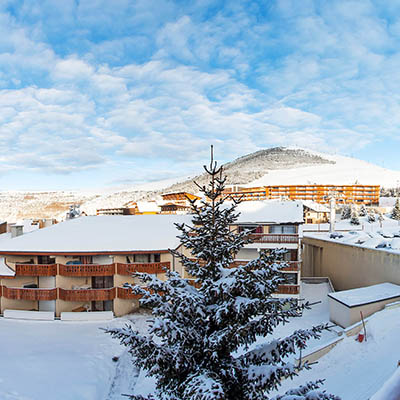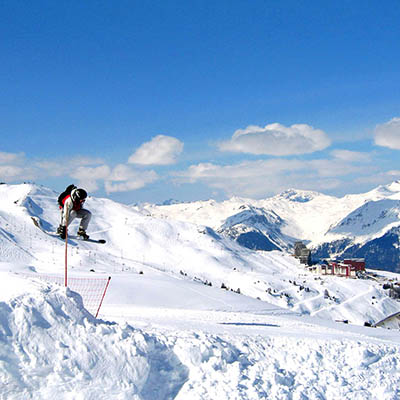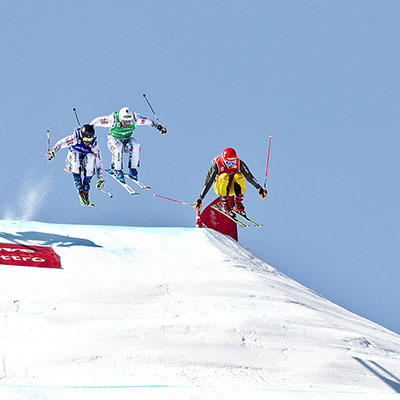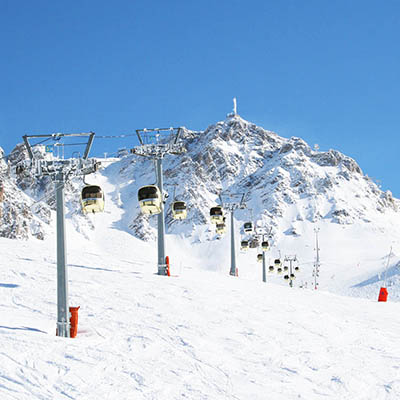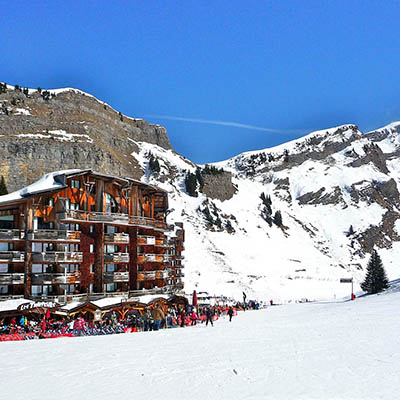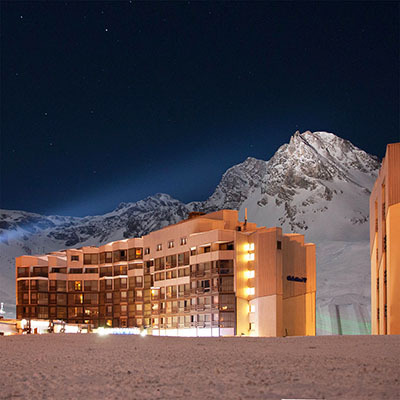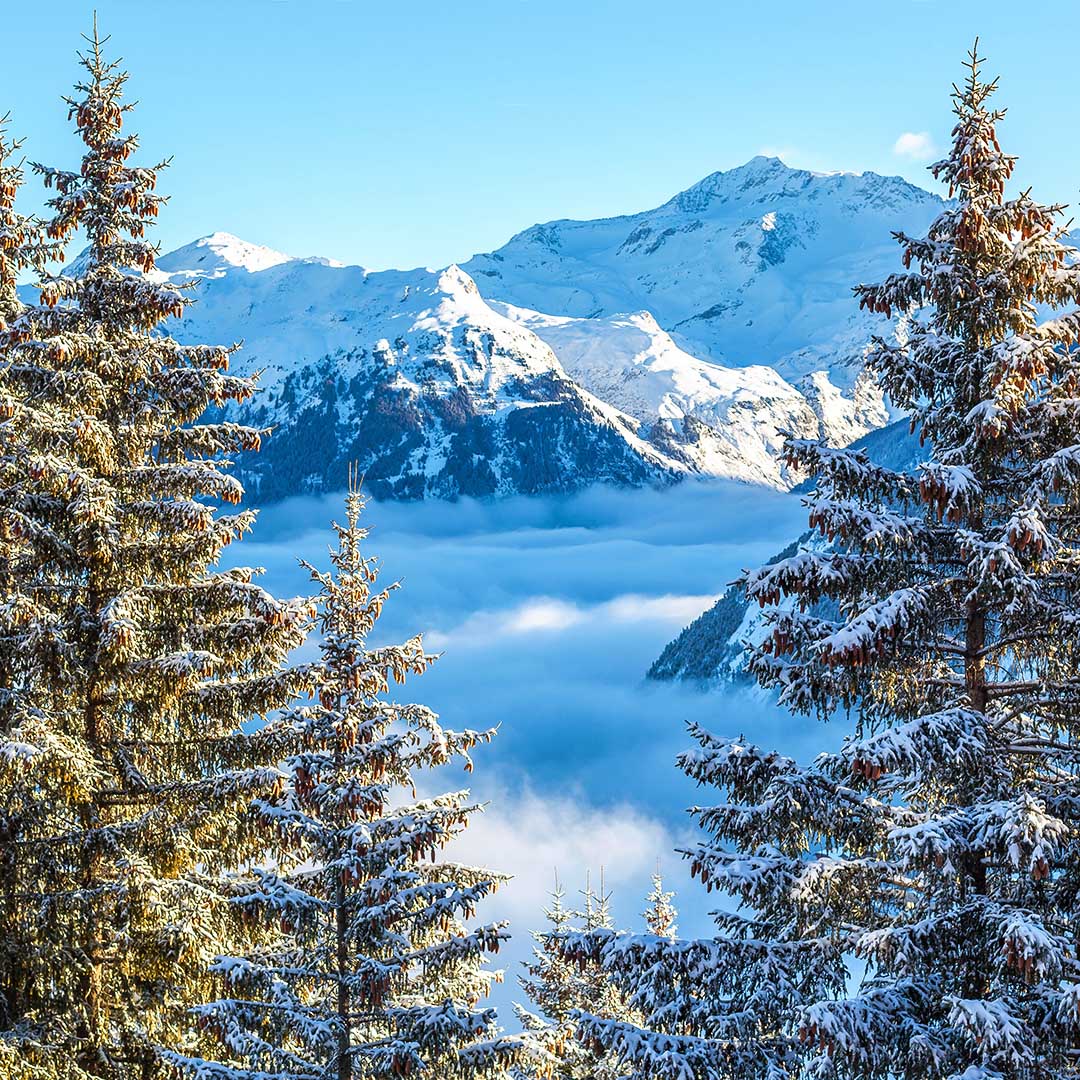

Hotels

Flights
French Alps Monthly Climate Averages

To help you choose the best time to travel, you can find climate data below on the weather in the French Alps .
| Month | Val d’Isere | Val Thorens | ||
| day | night | day | night | |
| January | -3°C | -9°C | -1°C | -7°C |
| February | -2°C | -8°C | -1°C | -6°C |
| March | +2°C | -5°C | +3°C | -4°C |
| April | +8°C | -2°C | +9°C | -2°C |
| May | +16°C | +6°C | +16°C | +6°C |
| June | +22°C | +11°C | +24°C | +11°C |
| July | +26°C | +12°C | +27°C | +12°C |
| August | +27°C | +12°C | +26°C | +12°C |
| September | +20°C | +10°C | +21°C | +10°C |
| October | +13°C | +5°C | +13°C | +5°C |
| November | +4°C | -2°C | +4°C | -2°C |
| December | -1°C | -7°C | +1°C | -6°C |
Best places in the French Alps
Temperature in the French Alps
The table shows that the hottest months in the French Alps are August and July, during which the average daytime temperature reaches 27°C and the nighttime temperature falls to 12°C.
The coldest months are January and February, when the daily average temperature falls to - 3°C, and drops to - 9°C during the night.
Most booked hotels in the French Alps
Best places in the French Alps:
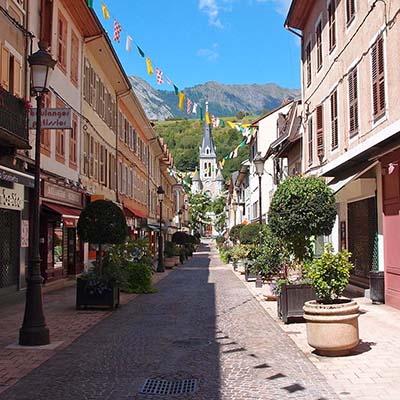
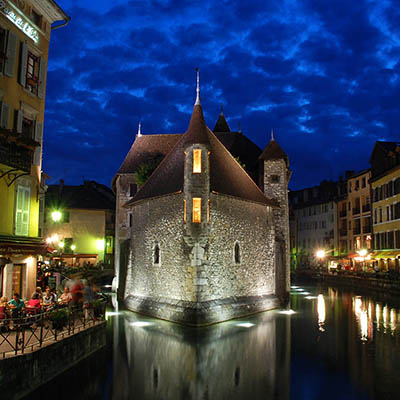
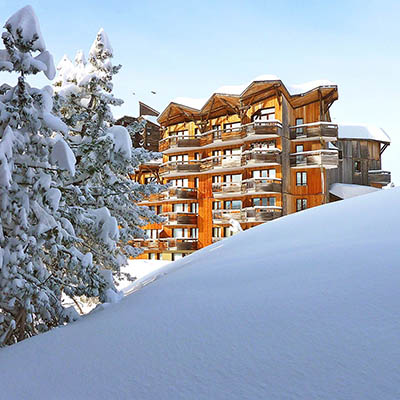


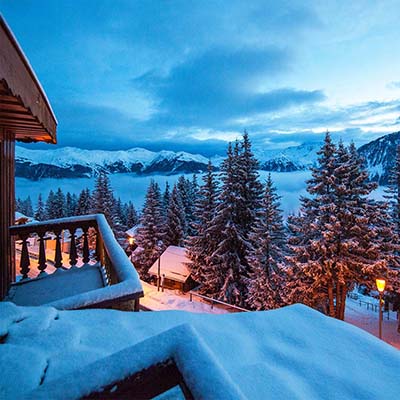
Most Popular Destinations in the World
in the French Alps climate by month
Precipitation
The largest amount of rain falls on average in December and May, up to 159mm, and the least in July and August — up to 106mm.

